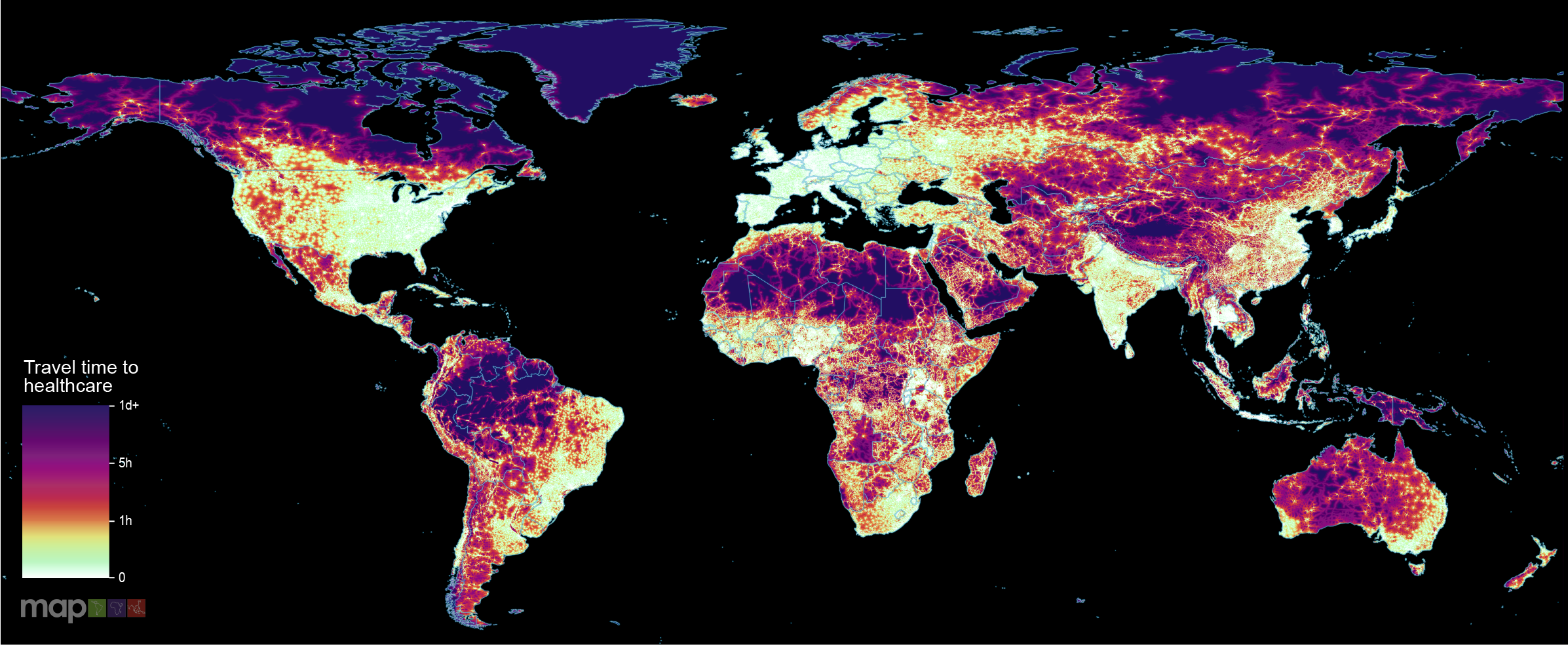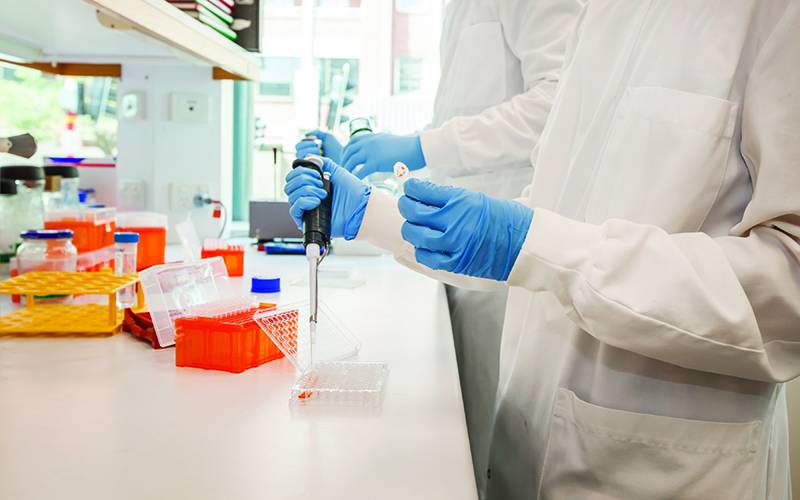Search

News & Events
World-first maps reveal how long it takes to reach healthcare from anywhere in the globeNew research which maps the entire global population’s travel time to their nearest healthcare facility has revealed major inequalities in access to healthcare depending on whether people have access to motorised transport or not.

News & Events
Replication of rare aggressive brain cancer could pave the way for better treatmentsIn an Australian-first, The Kids Research Institute Australia researchers have developed a new tool that could improve outcomes for children with a highly aggressive type of brain cancer.
Research
Long-term economic outcomes for interventions in early childhood: protocol for a systematic reviewInvestment in early childhood produces positive returns: for the child, the family and the community.
Research
Anaesthesia, pain and recovery profiles in children following dental extractionsThe aim of this prospective cohort study was to describe the anaesthetic practices, rates of postoperative pain and the recovery trajectory of children having urgent dental extractions at our institution.
Research
Gain of chromosome 21 in hematological malignancies: lessons from studying leukemia in children with Down syndromeStructural and numerical alterations of chromosome 21 are extremely common in hematological malignancies. While the functional impact of chimeric transcripts from fused chromosome 21 genes such as TEL-AML1, AML1-ETO, or FUS-ERG have been extensively studied, the role of gain of chromosome 21 remains largely unknown.
Research
Parainfluenza Virus Infection in an Australian Community-based Birth CohortIn a community-based birth cohort of 158 Australian infants followed to age 2 years, the incidence rate of human parainfluenza virus (HPIV) was 0.42 (95% CI = 0.33, 0.54) episodes per child-year with episodes occurring year-round, peaking in the spring season.
Research
The development of a consensus statement for the prescription of powered wheelchair standing devices in Duchenne muscular dystrophyPURPOSE: To develop a consensus statement for the prescription of a Powered Wheelchair Standing Device (PWSD) in young people with Duchenne muscular dystrophy (DMD). MATERIALS AND METHODS: An international multidisciplinary panel comprising clinicians and users (young people with DMD) along with their parents was consulted. A literature review was undertaken and a Delphi method was utilised to generate consensus statements.
Research
Decoding Susceptibility to Respiratory Viral Infections and Asthma Inception in ChildrenHuman Respiratory Syncytial Virus and Human Rhinovirus are the most frequent cause of respiratory tract infections in infants and children and are major triggers of acute viral bronchiolitis, wheezing and asthma exacerbations.
Research
Aquatic high intensity interval training to improve aerobic capacity is feasible in adolescents with cerebral palsy: pilot randomised controlled trialTo investigate feasibility of aquatic high intensity interval training for adolescents with cerebral palsy, who can ambulate independently but may choose a mobility aid in some circumstances.
Research
Reference exome data for a Northern Brazilian populationExome sequencing is widely used in the diagnosis of rare genetic diseases and provides useful variant data for analysis of complex diseases. There is not always adequate population-specific reference data to assist in assigning a diagnostic variant to a specific clinical condition.
